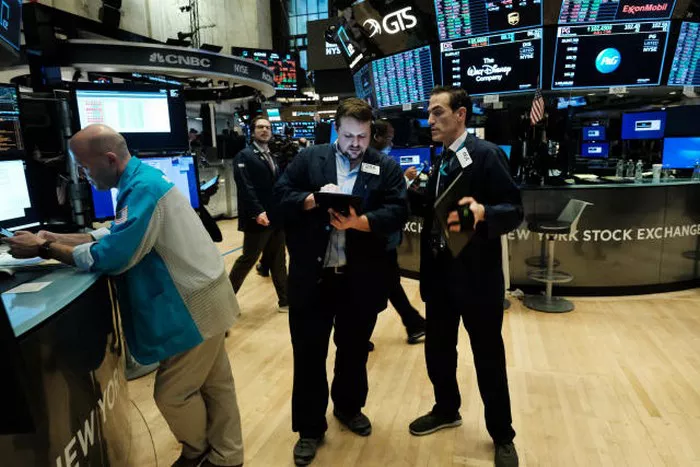Investing in natural gas futures can be an attractive option for individuals looking to diversify their investment portfolio and capitalize on the energy market. As a widely traded commodity, natural gas futures offer potential opportunities for profit due to their volatility and correlation with global economic factors.
In this article, we will provide a comprehensive guide on how to buy natural gas futures, outlining the steps involved, key considerations, and risk management strategies. By following these guidelines, investors can navigate the natural gas futures market with confidence and make informed decisions.
1. Understanding Natural Gas Futures
Before delving into the process of purchasing natural gas futures, it’s crucial to have a solid understanding of what they are. Natural gas futures contracts represent an agreement to buy or sell a specified quantity of natural gas at a predetermined price at a future date.
The natural gas futures market is influenced by various factors such as supply and demand dynamics, geopolitical events, weather patterns, and economic indicators. Traders analyze these factors to predict price movements and take positions accordingly.
2. Selecting a Brokerage Account
To participate in the natural gas futures market, traders need to open an account with a reputable brokerage firm that offers commodities trading. When selecting a brokerage account, consider factors such as commission rates, trading platform features, research tools, customer support, and regulatory compliance.
It’s advisable to choose a broker with a strong track record and experience in handling commodities trading. Additionally, ensure that the chosen broker provides access to natural gas futures specifically, as not all brokers offer every type of futures contract.
3. Conducting Market Research
Successful trading requires thorough market research. Before entering the natural gas futures market, investors should stay informed about market trends, news, and factors influencing natural gas prices. Key sources of information include financial news platforms, government reports, industry publications, and expert analysis.
It is essential to understand the fundamental and technical aspects of natural gas trading. Fundamental analysis involves examining supply and demand fundamentals, production levels, inventories, weather patterns, and geopolitical events. Technical analysis utilizes charts, indicators, and historical price data to identify patterns and make predictions about future price movements.
4. Developing a Trading Strategy
A well-defined trading strategy is crucial for success in the natural gas futures market. Traders should establish clear entry and exit criteria based on their risk tolerance, investment goals, and market analysis. Some common trading strategies include trend following, mean reversion, breakout trading, and spread trading.
Risk management is another vital aspect. Traders should determine their maximum acceptable loss per trade and use stop-loss orders to limit potential losses. Additionally, diversifying the portfolio by including other commodities or asset classes can help mitigate risks.
5. Placing Orders and Executing Trades
Once the groundwork is laid, it’s time to place orders and execute trades. Using the trading platform provided by the brokerage firm, investors can input their desired contract specifications, such as the contract month and quantity, and choose the type of order, such as market order or limit order.
Market orders are executed immediately at the prevailing market price, while limit orders allow traders to specify a specific price at which they are willing to buy or sell. It’s important to remember that executing trades in futures contracts involves margin requirements and leverage, so understanding these concepts is essential.
6. Reviewing and Adjusting Positions
After entering a position, it is crucial to regularly review and adjust the trade based on market conditions. Traders should monitor price movements, news updates, and any events that could impact natural gas prices.
Depending on the trading strategy and market conditions, traders may decide to close their positions partially or entirely before the contract expiration date. Alternatively, they can roll over the position to a future contract if they believe the trade is still valid.
Conclusion
Buying natural gas futures requires careful planning, research, and risk management. By understanding the dynamics of the natural gas market, selecting a reputable brokerage account, conducting thorough market research, developing a trading strategy, and executing trades with precision, investors can navigatethe natural gas futures market effectively.
It’s important to note that trading in natural gas futures involves inherent risks, including price volatility and potential losses. Therefore, individuals should only invest capital they can afford to lose and consider seeking professional advice before entering this market.


